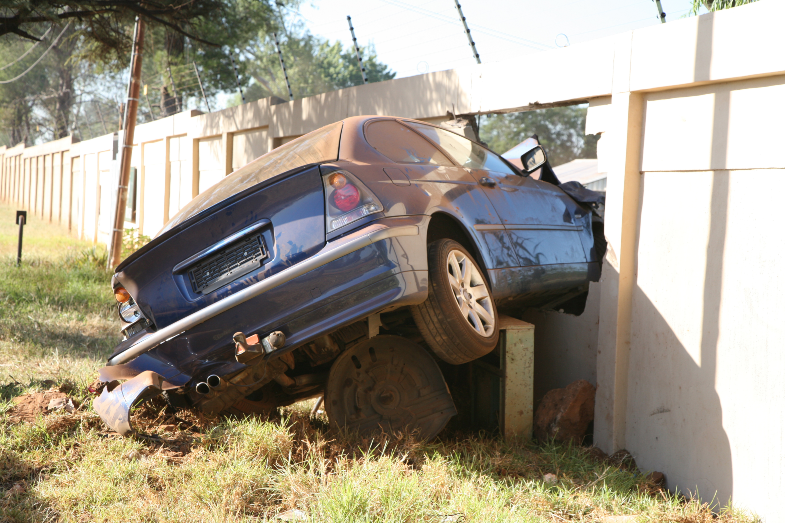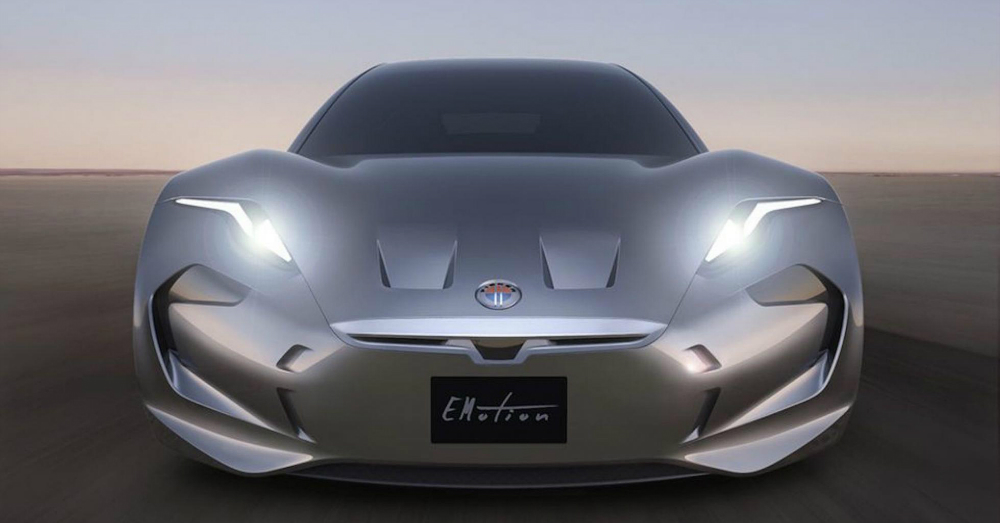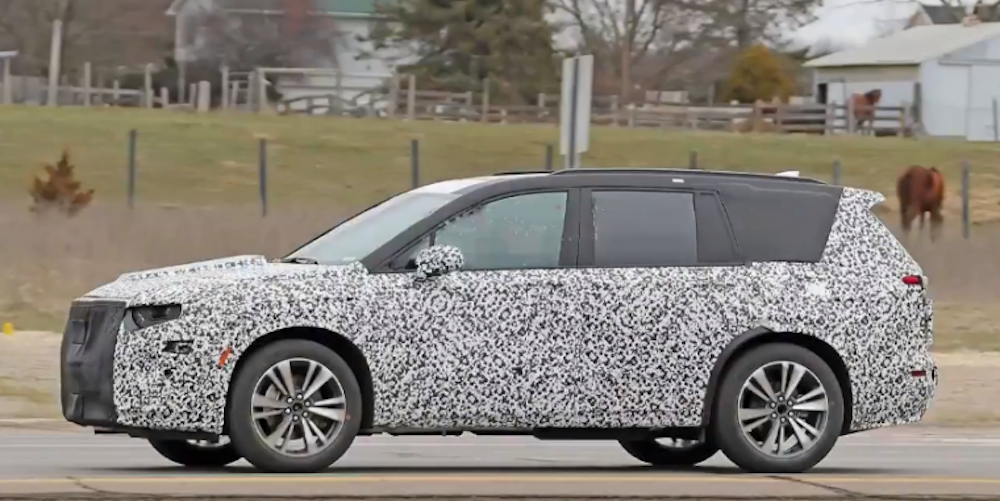
The Drive for Safety: Debating Speed Limiters for Cars
Should our cars have speed limiters installed in them? Unlike a vehicle’s top speed set by a governor, intelligent speed limiters could save lives.
We live in a country in which many don’t want to see more governmental overreach but also desire for the government to solve problems. Although sometimes the solution to a problem involves more rules and regulations, most drivers won’t be pleased if new cars are designed with more safety technology than we already see. The electronic nannies and collision avoidance features of modern cars tend to annoy many drivers, but something must be done about the number of speeding-related deaths on American roadways.
What has spurned this speeding discussion?
A recent car accident in Las Vegas brought the idea of limiting the speed of vehicles back to light. This accident took place when a car going more than 100 mph hit a minivan, killing nine people, four of them children in the van. This accident involved speeding and impairment, two elements that could easily be removed from roadways with some added technology. Last year, more than 12,000 people died in the US in speeding-related crashes, and hundreds of thousands more were injured.
Is the technology available to slow cars
The speed limiters required to avoid speeding accidents are actually a type of tech called Intelligent Speed Assistance Technology or ISA. This system uses GPS location and speed limit sign recognition to prevent vehicles from exceeding the posted speed limit in any given area. The NTSB recommended automakers adopt this technology and begin to install it in new vehicles last year, but a tragic accident, like the one mentioned above, supports this recommendation to slow vehicles down on American roadways. Speeding is a common factor in vehicle crashes, but that doesn’t seem to be enough of a reason for automakers to try to slow cars down.
Will automakers install the ISA systems?
So far, the ISA systems have been met with very little enthusiasm by automakers. The NHTSA hasn’t adopted this tech as a new feature that should be required in every car, but the number and severity of car crashes involving speeding should make this government organization rethink its position and bring these speed limiters to the market.
We can’t expect automakers to push this technology. Many automakers involve speed, power, sprints, and driving excitement in their advertising. If vehicles are limited to the posted speed on public roads, the fun of driving might be gone. That said, there’s no excuse for a vehicle driving at 100 mph on public roads.
How is ISA different from traditional speed limiters?
Traditionally, we associate a speed limiter as the governor in a vehicle that sets the top speed. Instead of this item in the vehicle, the ISA system would simply limit the vehicle to the posted speed limit. This could make the roadways much safer, but it would need to be installed in all vehicles to have the desired impact on speeding in the future.
How might consumers respond to this new technology?
We already see a decline in EV sales after the first surge of these new vehicles have been sold. Despite EVs being cleaner, better for the environment, and newer, many drivers continue to buy gas-powered cars, trucks, and SUVs. Many consumers aren’t ready to switch to EVs and will likely wait until they absolutely must drive an electric car before buying one. The same response could occur with vehicles equipped with ISA technology. How many readers think they want to be limited to the posted speed limit? I doubt many reading this article are among those who would want this technology in their vehicle.
Will slowing down cars actually make the roads safer?
Before we answer this question, keep in mind the NTSB has no regulatory or enforcement powers, but its purpose is to make recommendations to improve roadway safety. The NHTSA has enforcement powers, and the recommendation for speed limiters is considered a non-urgent suggestion despite the high number of speeding-related roadway deaths.
In response to the question asked, slowing down cars won’t likely make the road safer at first. This will take time. Think about the last time you were driving on the highway. How many vehicles were traveling above the speed limit? In some cases, the flow of traffic is paced at a much higher speed than the posted speed limit. Slowing cars down to this posted limit could create more accidents than allowing cars to travel above the posted speed together.
Still, there’s no excuse for any vehicle traveling at 20 mph over the posted limit and certainly no reason for any car to reach 100 mph or more. This is just too fast and dangerous on public roadways.
This post may contain affiliate links. Meaning a commission is given should you decide to make a purchase through these links, at no cost to you. All products shown are researched and tested to give an accurate review for you.


